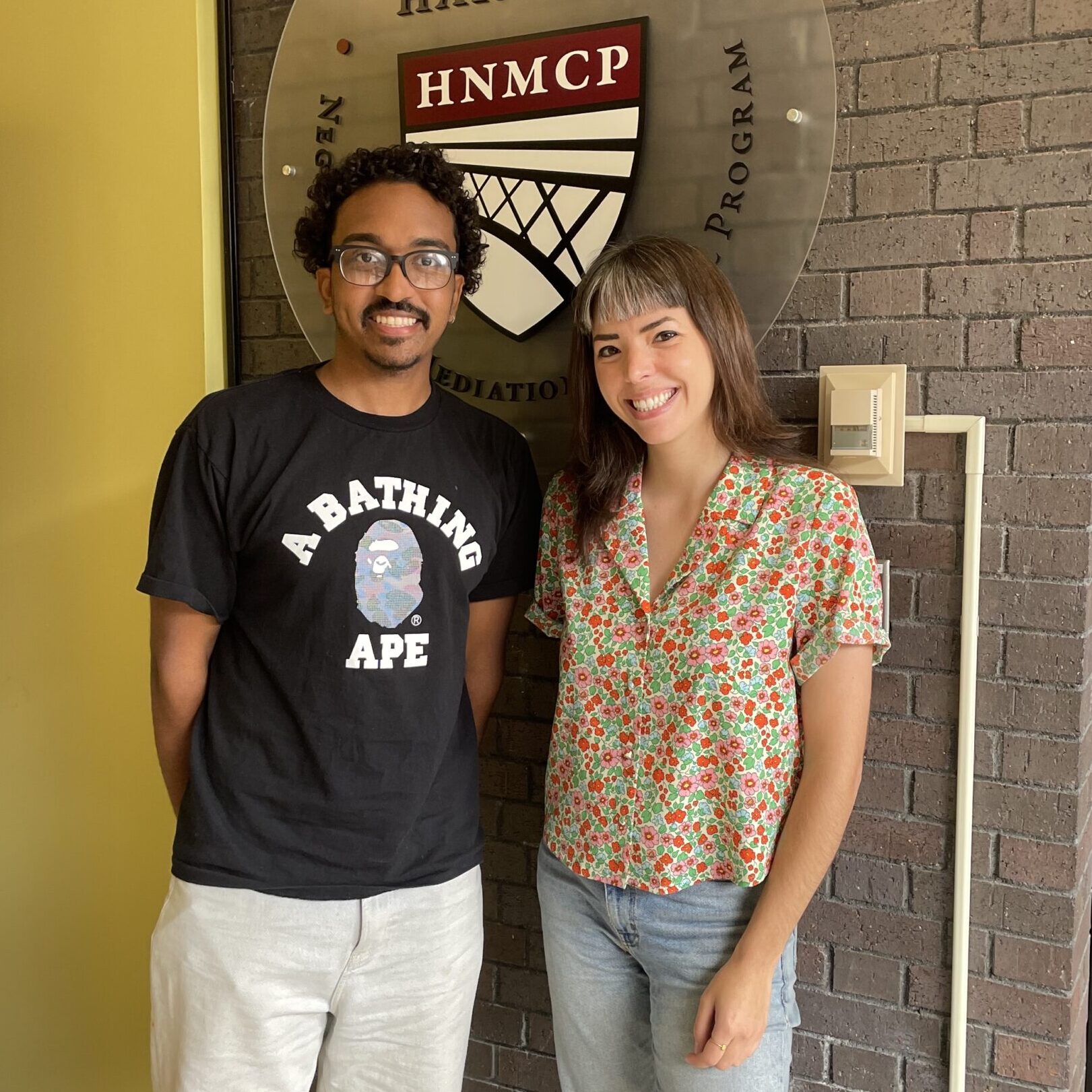
Semester: 2023 Fall
Students: Edward Chung and Corinne Shanahan
The Community Relations Service (CRS) is a component of the Department of Justice. As America’s Peacemaker, CRS provides facilitation, mediation, training and consultation services to communities in conflict—enhancing their ability to independently prevent and resolve future conflicts.
Since 1964, CRS has served as a force for conciliation and peace in communities fraught with racial tension and discord. Over the years, the scope of CRS’ work has expanded to address discrimination and hate crimes based on actual or perceived race, color, national origin, gender, gender identity, sexual orientation, religion and disability. CRS’s approach remains rooted in its core mission: to resolve conflict by engaging communities in difficult conversations through constructive dialogue.
Due to rising reports of bias incidents and hate crimes on public transit, CRS is prioritizing efforts to prevent discrimination, bias incidents and hate crimes in public transportation environments. Public transportation poses unique challenges for CRS, as riders are not fixed in one place but move constantly or gather temporarily in spaces such as station platforms. Furthermore, these users come from various jurisdictional backgrounds.
CRS has invited HNMCP to provide observations and information about design conclusions regarding effective interventions for the wide range of public transit stakeholders. The goals of the design conclusions are to:
- Identify existing evidence-based and innovative strategies for easing community tensions, preventing attacks and promoting mutual respect and inclusion.
- Highlight ways to foster connections among riders, transit providers, local officials, and law enforcement, ensuring that incidents of bias and hate crimes are addressed effectively.
In their research, the student team will work to identify existing resources that educate riders and transit staff about the definition and reporting of hate crimes. They will also assess how these resources can assist organizations such as CRS in linking riders and transit personnel to both local and national resources addressing bias incidents and hate crimes.
Students will:
- Assess stakeholder groups including transit users, employees, community leaders, advocacy organizations, local officials and law enforcement (local, state, federal) in Boston;
- Review literature on bystander intervention in public spaces, duty of care, liability, law enforcement tactics on transit, public service announcements and media campaigns related to civil rights/hate crime prevention, and conflict management training for transit employees;
- Submit a report detailing their findings;
- Present their literature reviewing findings and report to CRS leadership.
